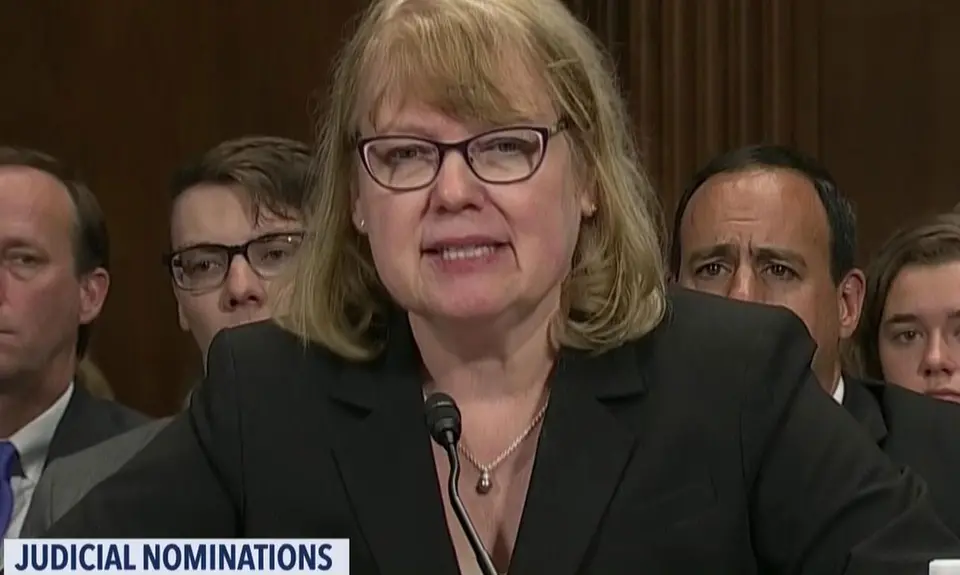“Confirmed Judges, Confirmed Fears” is a blog series documenting the harmful impact of President Trump’s judges on Americans’ rights and liberties.
In September 2019, Trump Tenth Circuit judge Allison Eid cast the deciding vote denying parents insurance benefits for the accidental death of their son, who died in a car crash. The case is Caldwell v. UNUM Life Insurance Company.
William Caldwell was an employee at Sinclair Services Company and had an Unum Life Insurance Plan through his job. In 2015, he was driving past the speed limit, hit an embankment, was ejected from his vehicle and died at the scene. His parents and beneficiaries, Rick and Sonya Caldwell, filed an accidental death benefit claim and a life insurance claim with Unum. Unum paid the life insurance benefit but denied the accidental death benefit claim because William’s death was caused by or resulted from the commission of a crime. The accidental death benefit plan had an exclusion clause for accidental losses caused by or resulting from the commission of a crime. Unum viewed William’s speeding as a crime that caused his fatal accident.
The Caldwells worked through Unum’s internal appeals process and after exhausting their appeals, they filed an ERISA action against Unum in district court. The court ruled that Unum had discretion to interpret the terms of its policy and ERISA requires judicial deference to the administrator’s decisions. Unum’s interpretation of “crime” to include speeding for purposes of the policy’s exclusion provisions was reasonable and made in good faith.
The Caldwells appealed.
The majority, including EId, agreed with the district court. However, Judge Gregory Phillips sharply opposed the majority’s ruling arguing that Unum’s own internal claims manual did not treat “crime” to include minor traffic violations, like speeding. Since Unum’s expressed intent in its own internal policy manual was to not treat a traffic violation as a crime, Unum’s denial of the Caldwell’s accidental death benefits claim was neither reasonable nor made in good faith.
